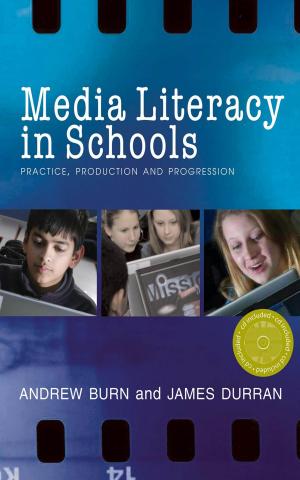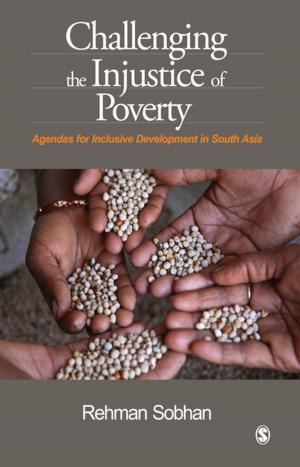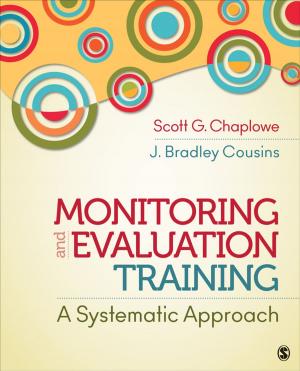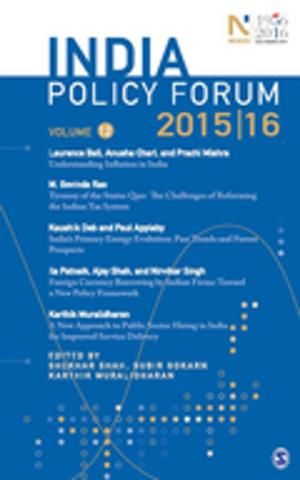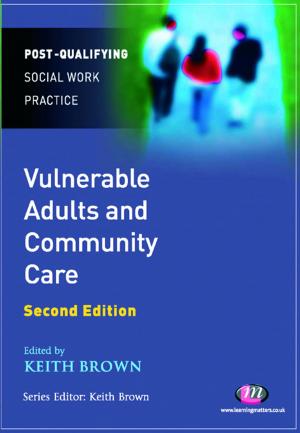Social Science Learning in Schools
Perspective and Challenges
Nonfiction, Reference & Language, Education & Teaching, Educational Theory, Curricula, Teaching, Teaching Methods| Author: | ISBN: | 9789351509417 | |
| Publisher: | SAGE Publications | Publication: | October 30, 2008 |
| Imprint: | Sage Publications Pvt. Ltd | Language: | English |
| Author: | |
| ISBN: | 9789351509417 |
| Publisher: | SAGE Publications |
| Publication: | October 30, 2008 |
| Imprint: | Sage Publications Pvt. Ltd |
| Language: | English |
Social Science Learning in Schools: Perspective and Challenges locates the teaching and learning of social science within the larger perspective and aims of education. It emphasizes the need to take the teaching of social science beyond the confines of contemporary ideological debates, into the realm of pedagogical theory. It presents critical perspectives on curriculum design, textbook development and social science pedagogy.
Discussions on pedagogy are situated in analyses of Eklayva's social science textbooks which were in use for over 15 years in government schools in Madhya Pradesh. The book explores the integral role of the teacher, importance of textbooks, and methods of social science enquiry in school teaching-learning. It interrogates integrated approaches to social science education, and notions of nationalism and identity.
The book will serve as a seminal social science text for Indian elementary teacher education programmes. University departments of education, research institutions, NGOs and development organisations working in education, literacy and child development will find it an invaluable elementary education resource.
Social Science Learning in Schools: Perspective and Challenges locates the teaching and learning of social science within the larger perspective and aims of education. It emphasizes the need to take the teaching of social science beyond the confines of contemporary ideological debates, into the realm of pedagogical theory. It presents critical perspectives on curriculum design, textbook development and social science pedagogy.
Discussions on pedagogy are situated in analyses of Eklayva's social science textbooks which were in use for over 15 years in government schools in Madhya Pradesh. The book explores the integral role of the teacher, importance of textbooks, and methods of social science enquiry in school teaching-learning. It interrogates integrated approaches to social science education, and notions of nationalism and identity.
The book will serve as a seminal social science text for Indian elementary teacher education programmes. University departments of education, research institutions, NGOs and development organisations working in education, literacy and child development will find it an invaluable elementary education resource.


